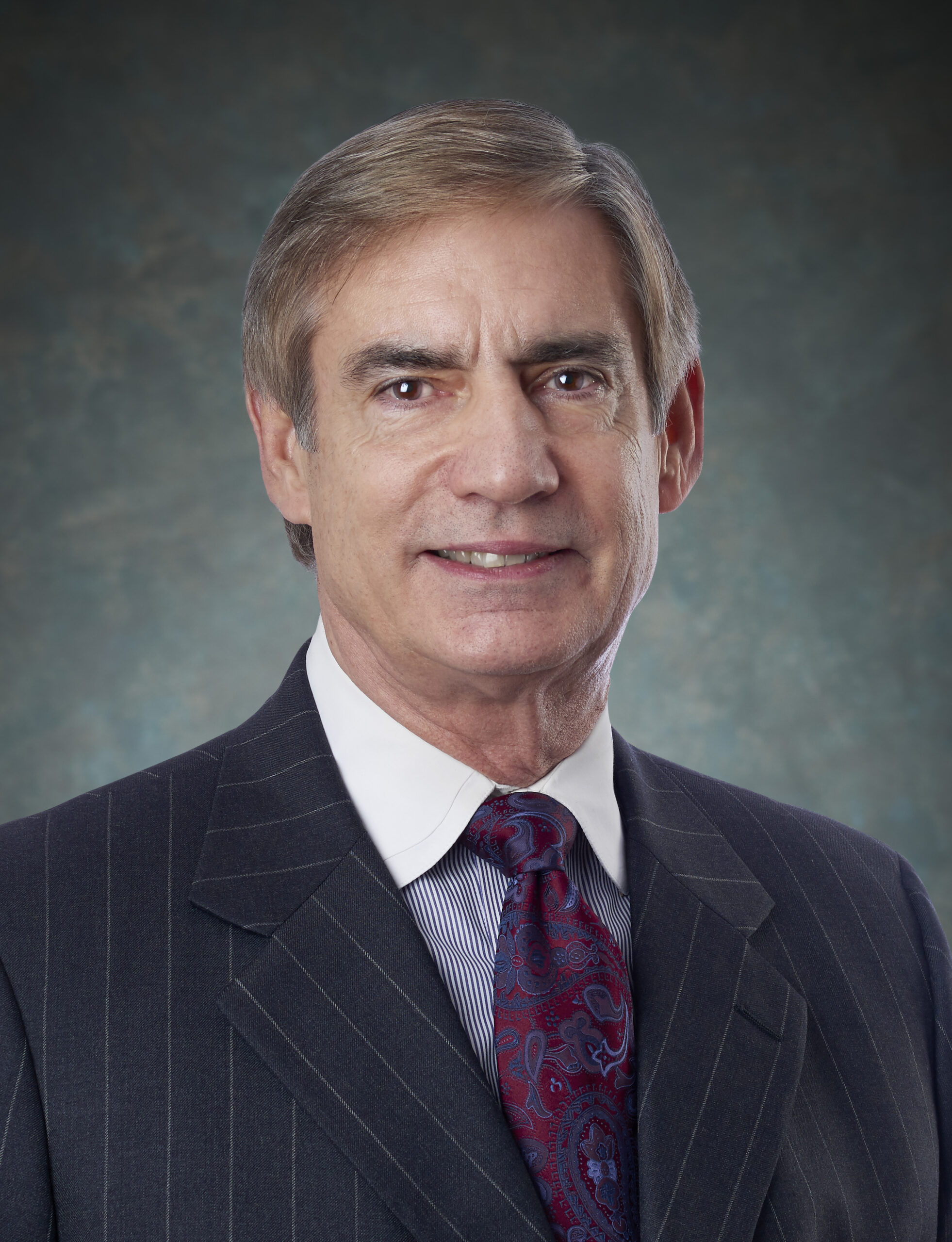In August, 2015, the NLRB decided a case involving Browning-Ferris Industries (BFI), revising its joint employer standard and holding that because BFI had the right to control certain aspects of a subcontractor’s employment practices, even if those rights were not exercised, it should be considered a joint employer with the subcontractor. Although the case did not involve franchising, the new joint employer standard articulated could obviously apply to franchising. That decision was appealed to the U.S. Circuit Court of Appeals for the District of Columbia and was argued on March 9, 2017.
The NLRB decides cases. The franchising community has been concerned that if the NLRB joint employer standard is ultimately applied to franchising, franchisors and their franchisees may be required to collectively bargain with franchisees’ employees and to jointly defend and remedy unfair labor practice charges.
The NLRB does not generally promulgate regulations; it decides cases alleging unfair labor practices and collective bargaining rights under the National Labor Relations Act. The BFI case was decided by a 3-2 majority of the members of the NLRB at the time, the majority of whom had been appointed by pro-labor Democratic President Obama. Republican President Trump has two current vacancies to fill, and during his first term will have the opportunity to appoint two additional members as others’ terms expire. So, if cases come before the newly constituted NLRB, it will have a chance to change or to overturn the BFI decision. Meanwhile, the McDonald’s cases will continue, and unless the BFI joint employer standard is modified by the courts or the new NLRB, that standard will remain in force.
A similar but somewhat different joint employer standard was applied by the U.S. Department of Labor’s Wage and Hour Division during the last years of the Obama administration. The head of the division sought to address highly publicized wage and hour violations by large, multi-unit franchisees and argued that franchisors could have liability for these infractions. He urged franchisors to train franchisees in their compliance obligations and to assist DOL in encouraging wage and hour law compliance by franchisees.
Of course, such efforts to exercise controls over wage and hour compliance by franchisees may expose franchisors to NLRB claims under its “indirect, unexercised control joint employer standard.”
Following his election, President Trump nominated the chief executive officer of CKE, a franchisor of quick service restaurants, to be Secretary of the Department of Labor. Andrew Puzder was unable to obtain enough Senate support for his confirmation following very active lobbying by labor unions, and his nomination was withdrawn. He was a staunch advocate of overturning the new joint employer standard and other recent controversial labor law extensions. Republican Alexander Acosta has been confirmed as DOL Secretary. On June 7, 2017, his Wage and Hour division announced that it was withdrawing the joint employer guidance that it has issued during the Obama administration. Although the underlying wage and hour regulations are unchanged, the announcement signals a change in enforcement approaches. Most observers expect a more business- and franchise-friendly approach to labor issues in the new administration.
The International Franchise Association has characterized joint employer liability as an “existential threat” to franchising and has lobbied long and hard against the concept since the McDonald’s cases arose. IFA has successfully persuaded eighteen state legislatures to amend state labor codes to declare that franchisors and franchisees are not joint employers, though it is unclear whether these state regulations will be preempted by federal labor law. Similar proposals are pending in several other state legislatures. In Congress, IFA is supporting efforts to place riders in appropriations bills that would fund NLRB. During the next fiscal year, the riders would prohibit NLRB from enforcing or litigating any joint employer case under the BFI standard or under any other standard of joint employer that differs from the standard as interpreted by NLRB on January 1, 2014. During that time, IFA hopes that Congress will overturn the NLRB’s new BFI joint employer standard and return the NLRB to its somewhat more moderate previous standard.
Employee-side class action lawyers have also seized upon joint employer theories and have begun bringing claims against franchisees and franchisors. At least one prominent case against a franchisee and McDonald’s was settled after a court concluded that a jury should decide whether employees reasonably believed that they were employed by the franchisor, McDonald’s, and not by the franchisee who actually employed them. In New York, the state Attorney General prosecuted joint employer claims against Domino’s and franchisees charged with wage and hour law violations. After the franchisees settled their disputes agreeing to pay nearly $2 million in restitution for underpaid wages, the AG has continued with his claim against Domino’s. He argues that Domino’s is a joint employer because it was “heavily involved in the employment practices of the three franchisees [who settled their cases].” He also alleged that Domino’s required franchisees to use a computer system to generate payroll reports that Domino’s knew under-calculated gross wages.
Although many of the fears of the franchising community about joint employer liability may be abating in Washington, D.C., the theory is far from dead. Under state laws, several franchisors in the janitorial services industry have been facing claims that their franchisees are, in fact, employees of the franchisors, and are owed payment of past due minimum wages and penalties. The developments in Washington, DC have no direct effect on these cases.
Carl Zwisler, IDI’s U.S. Franchise Country Expert and Mark Mathison, Gray Plant Mooty, Minneapolis
